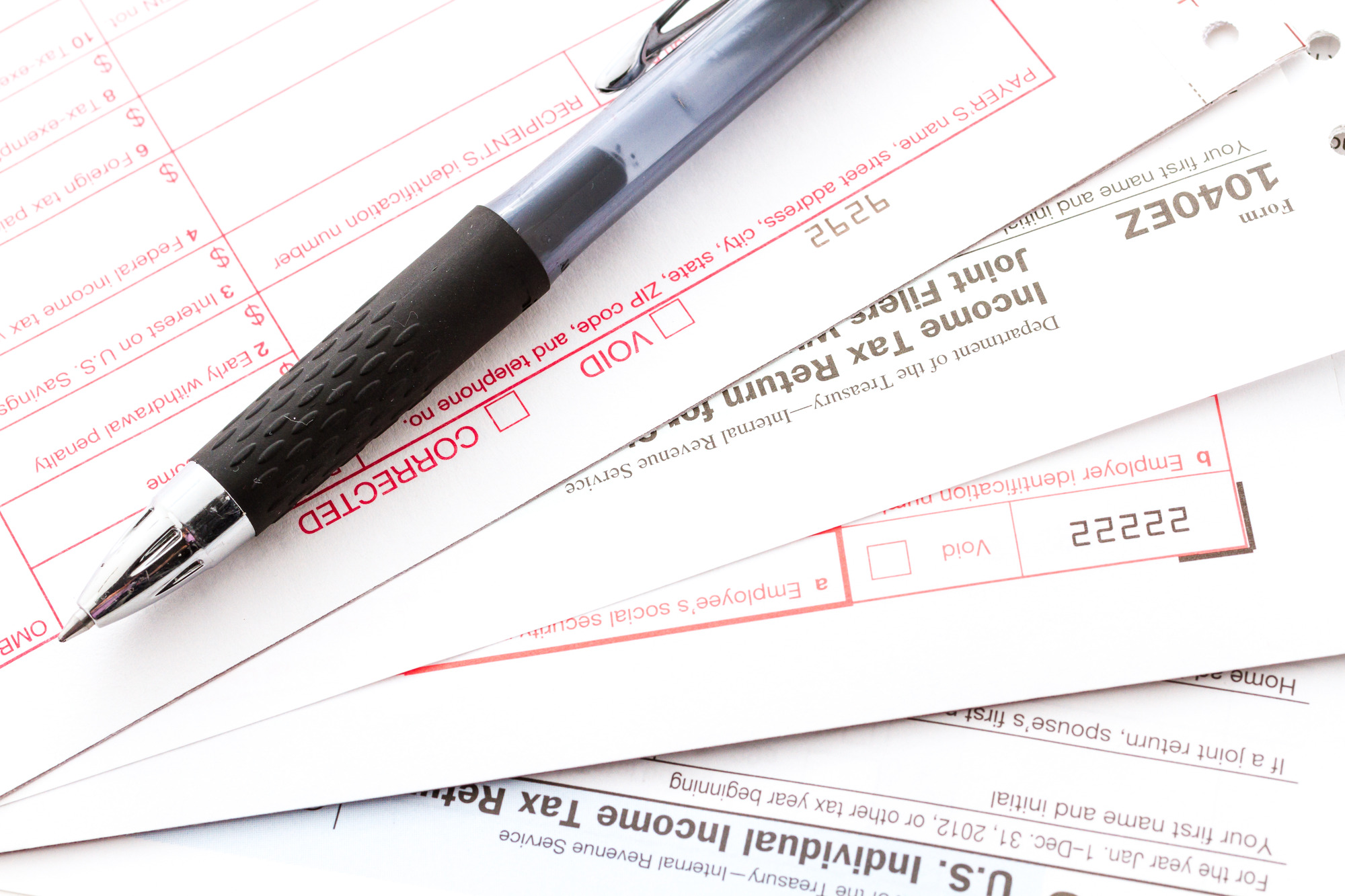
Get to Know Your Worker PAYE Forms: P45, P60 & P11D
Running a business involves many moving parts, and when it comes to paying your staff, it’s not just about the wage packets. Every employer needs to get to grips with a few essential PAYE forms that make tax and employee documentation a breeze—or at least more manageable. Three of the key forms you’ll encounter are the P45, P60, and P11D. These aren’t just paperwork for paperwork’s sake; they serve important roles in making sure your employees are taxed correctly and fairly. Let’s break down each one, so you know what to expect and how to handle them.
What is a P45?
Think of a P45 as a goodbye note between employers and employees – although not nearly as sentimental. This form is issued when an employee leaves your business. It details how much tax they’ve paid on their salary so far during the tax year, as well as their total earnings. The P45 comes in handy for both the employee and their next employer, ensuring they don’t end up paying too much tax or, worse, not enough.
How Do You Get a P45?
Employees receive a P45 from their employer when they leave the company. If you’re an employee, make sure to request it if it doesn’t automatically land in your hands – it’s vital for your next job or if you’re signing up for Jobseeker’s Allowance.
What is a P60?
Think of the P60 as a yearly summary of an employee’s tax record. It’s like a tax receipt that sums up how much you’ve earned and how much tax you’ve paid over the tax year (from April to April). Every business must issue a P60 to its employees by the 31st of May after the tax year ends.
If you’re an employee, this form is essential if you need to prove your income, whether that’s for a mortgage, a loan, or benefits. Employers, remember – missing this deadline can be costly, so be sure to get those forms out on time.
What is a P11D?
Now, this one’s all about the perks! A P11D details the value of any benefits or expenses your employees receive that aren’t included in their salary, such as a company car, private healthcare, or interest-free loans. These benefits can affect how much tax they owe, so it’s crucial to report them accurately.
Employees don’t need to lift a finger here – it’s down to the employer to submit the P11D to HMRC. But remember, some benefits will have tax implications, so it’s worth keeping on top of this to avoid any unwanted surprises at tax time.
Consult a Professional Small Business Accountant
Employees forms can be a bit overwhelming, and they often come with tight deadlines and tricky details. That’s why having a trusted accountant by your side can make all the difference. Here at Stonehouse, our small business accountant services in Peterborough are designed to help you navigate everything from bookkeeping to VAT and tax returns.
We’ll take care of the numbers so you can focus on running your business without the added headache of dealing with HMRC. Whether you need help with P60s, P45s, or P11Ds, our expert team is here to support you. Let us help you find the best solution for your business – get in touch today and discover how we can make your business financials a breeze.
